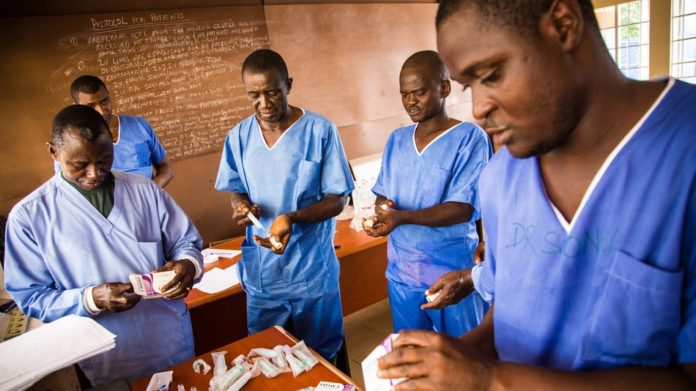BBC Launches WhatsApp Service in West Africa to Combat Ebola Misinformation

The BBC is one of the most trusted news sources in the world. It’s relying on that reputation to bring accurate information where it’s badly needed — by any means necessary.
The BBC’s World Service has launched a public information service via popular messaging app WhatsApp in an attempt to provide people in West Africa — who are in the midst of the worst Ebola outbreak in history — with accurate public health information.
“It’s a situation where information will literally save lives,” said Peter Horrocks, director of BBC World Service.
The BBC currently counts around 20 million consumers of its content in West Africa, making it one of the biggest news agencies in the region.
The free service pushes messages three times per day to those who subscribe. The messages will be a mix of mediums including images and audio, a practice that has seen success particularly in areas where literacy rates are low. The messages will be sent in French and English.
The BBC introduced similar system of passing news through messaging apps during the Indian election, Horrocks noted, providing it with a growing understanding of how to communicate through mediums that are typically used for person-to-person communication.
The malleability of messaging apps such as WhatsApp is important. Available on smartphones but also older feature phones, messages can be sent in a variety of ways without taking up large amounts of data.
“This has got to be information that people trust and is reliable but is also easily digestible and doesn’t consumer a lot of bandwidth,” Horrocks said.
As the death toll in Libera, Sierra Leone and Guinea nears 4,500, concerns have grown that a lack of reliable information is exacerbating an already difficult situation. Trust in governments can be low, as noted by The Guardian‘s Monica Mark reporting from Lagos, Nigeria.
Horrocks noted that the BBC was not alone in its effort, having been supported by philanthropist and Microsoft cofounder
